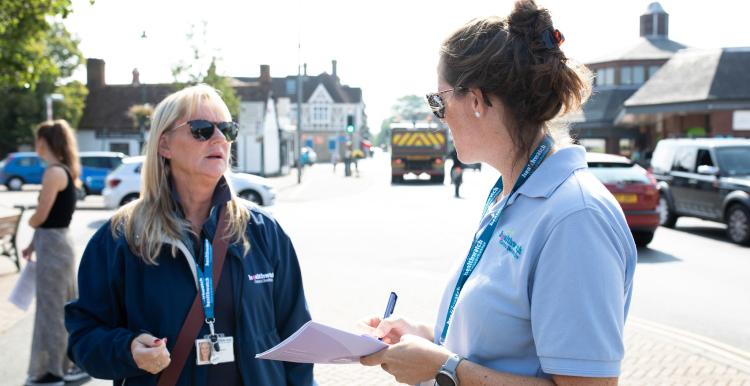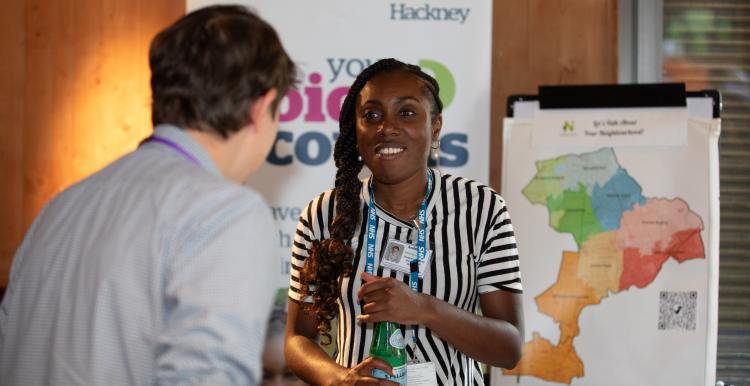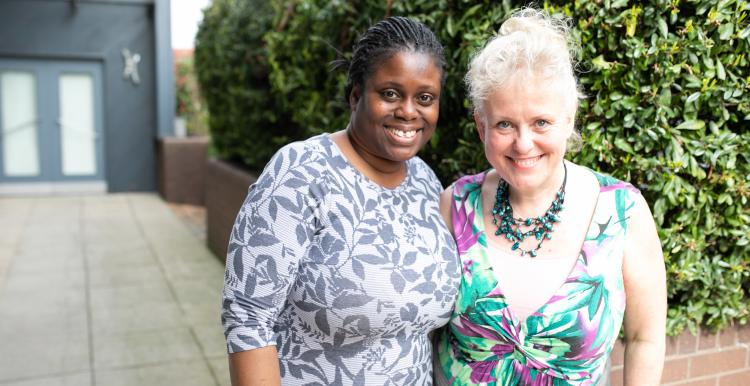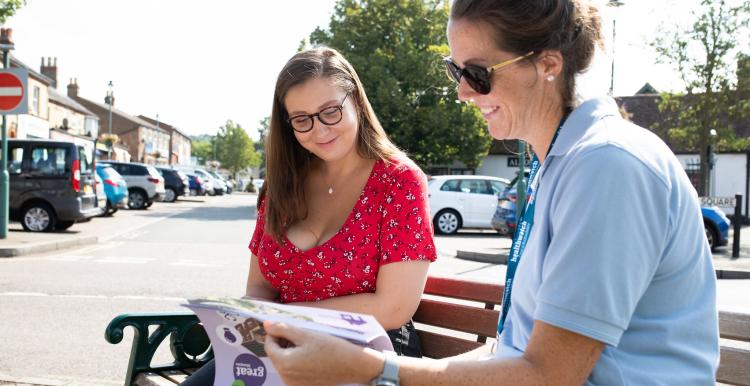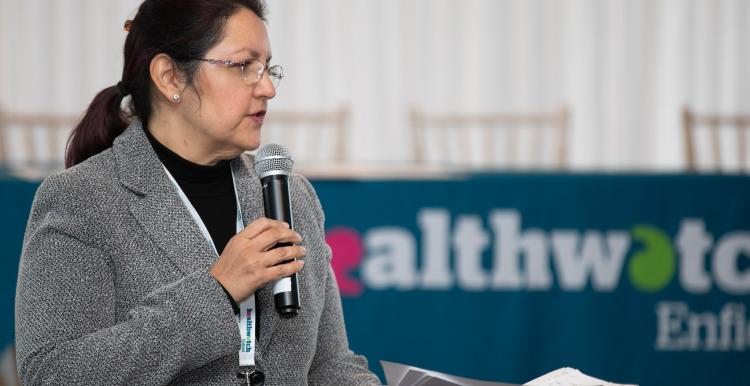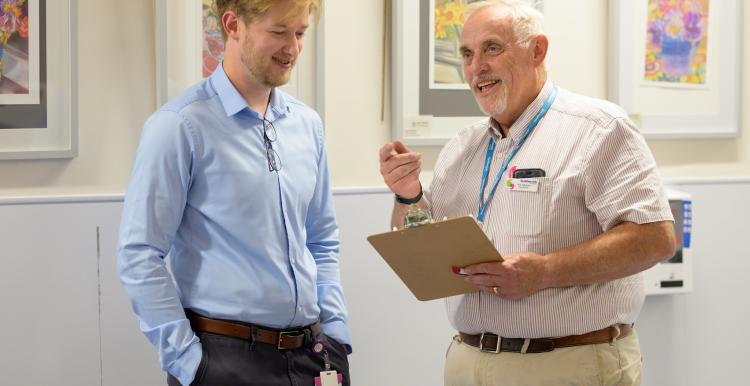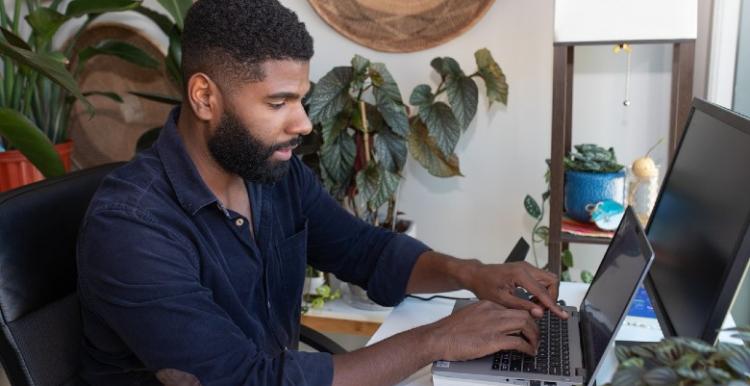What is an NHS and Care Volunteer Responder, and how can I make a referral?
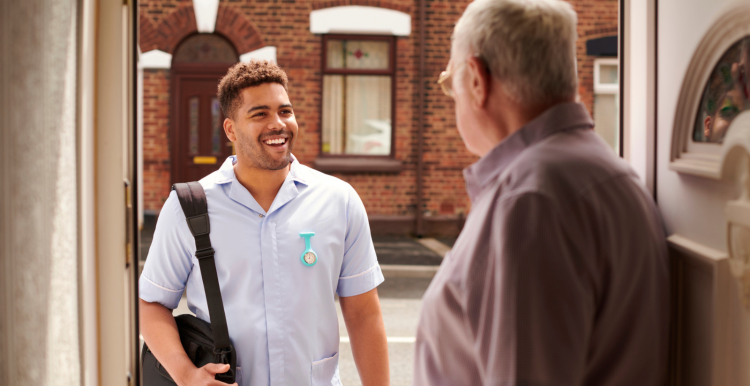
What is a Volunteer Responder?
NHS and Care Volunteer Responders has over 40,000 volunteers who support people in their local community with activities including friendly phone calls, shopping and prescription delivery. The programme is delivered by Royal Volunteering Service and GoodSAM and is supported by NHS England.
What support can volunteers provide?
NHS and Care Volunteer Responders take on a range of activities, including:
- Check-In and Chat: Provides telephone support to people in need of companionship and encouragement to improve their mental health and wellbeing. This support will be a phone call from a different volunteer for up to 18 weeks.
- Companionship Calls: Provides regular friendly phone calls and a listening ear up to three times a week up to six weeks. This is with the same volunteer.
- Community Response: Provides support with collecting and delivering essential shopping, prescriptions or accompanying someone to a local activity. This is on a one-off basis or for six weeks, days, and times to be agreed between the volunteer and the person supported.
- Pick Up and Deliver: To transport equipment, supplies and medication between NHS services and sites.
How can I refer someone?
You can make referrals for volunteer support by submitting details online via the Volunteer Responders GoodSAM referrer portal or by calling their Support Team on 0808 196 3382.
How long does it take to make a referral?
NHS and Care Volunteer Responders will approve requests within 72 hours, or you can make referrals through your Local Authority.
Who is eligible for support?
Check-In and Chat
People who may need a friendly chat and some encouragement to improve their mental health and wellbeing.
Companionship Calls
- People who would prefer or benefit from speaking to the same volunteer.
You can see support for vulnerable people for more information on who is eligible for support for other services.

